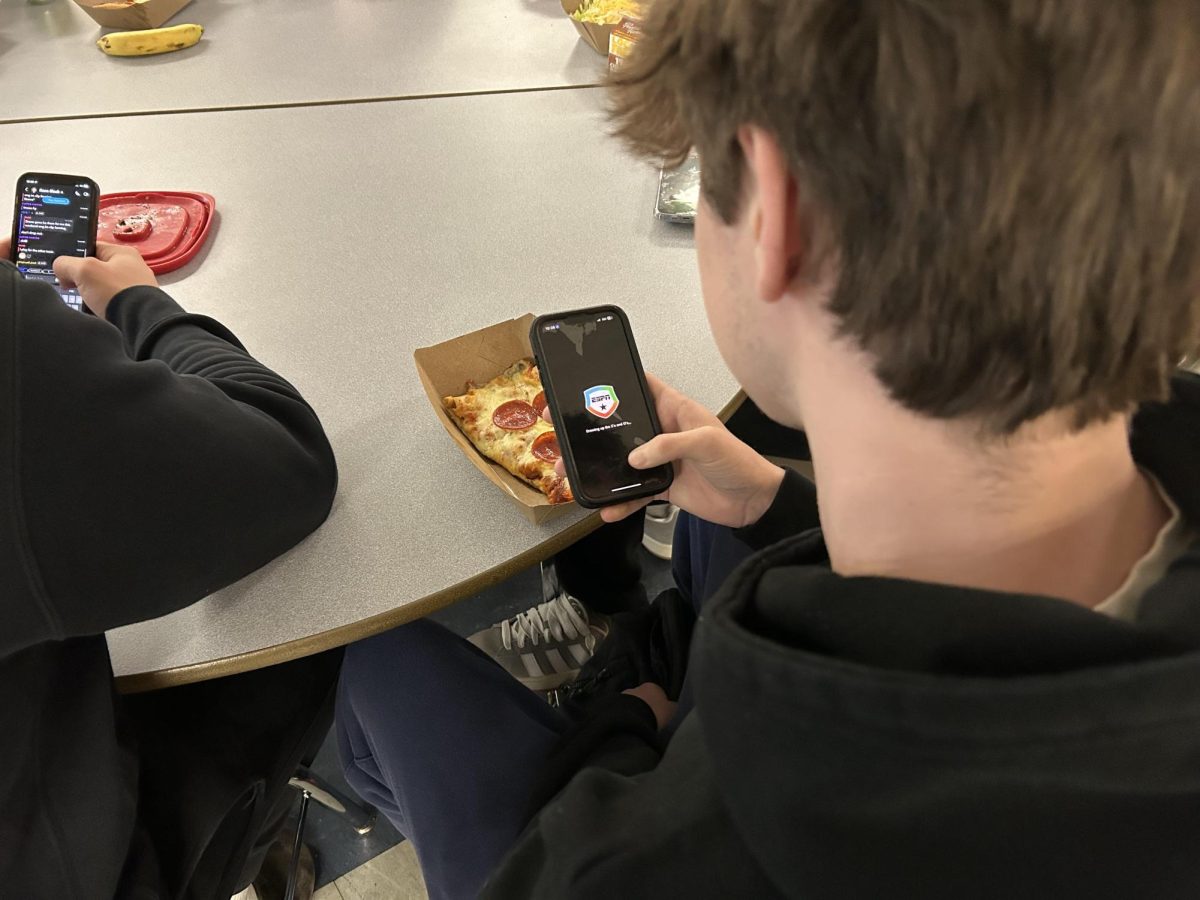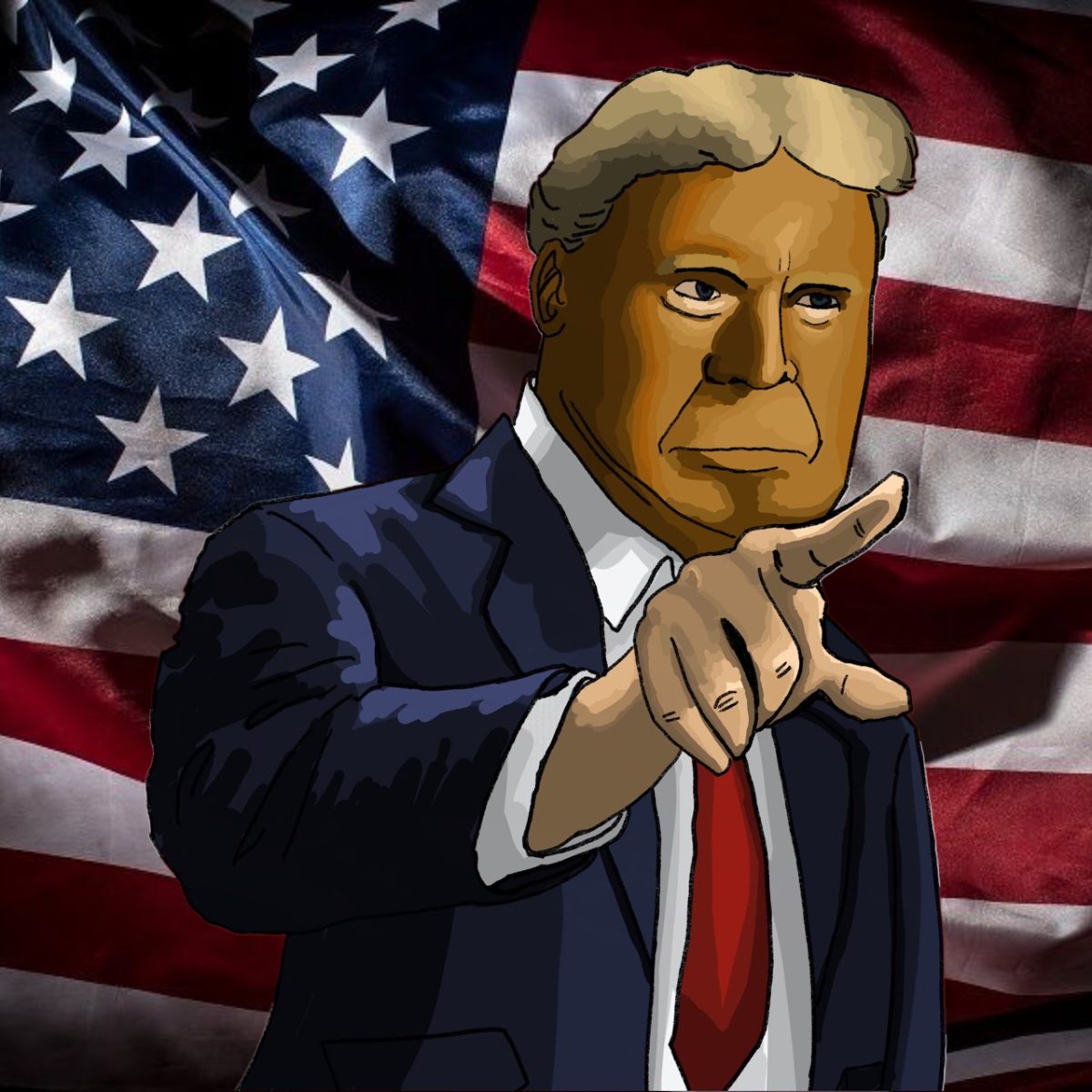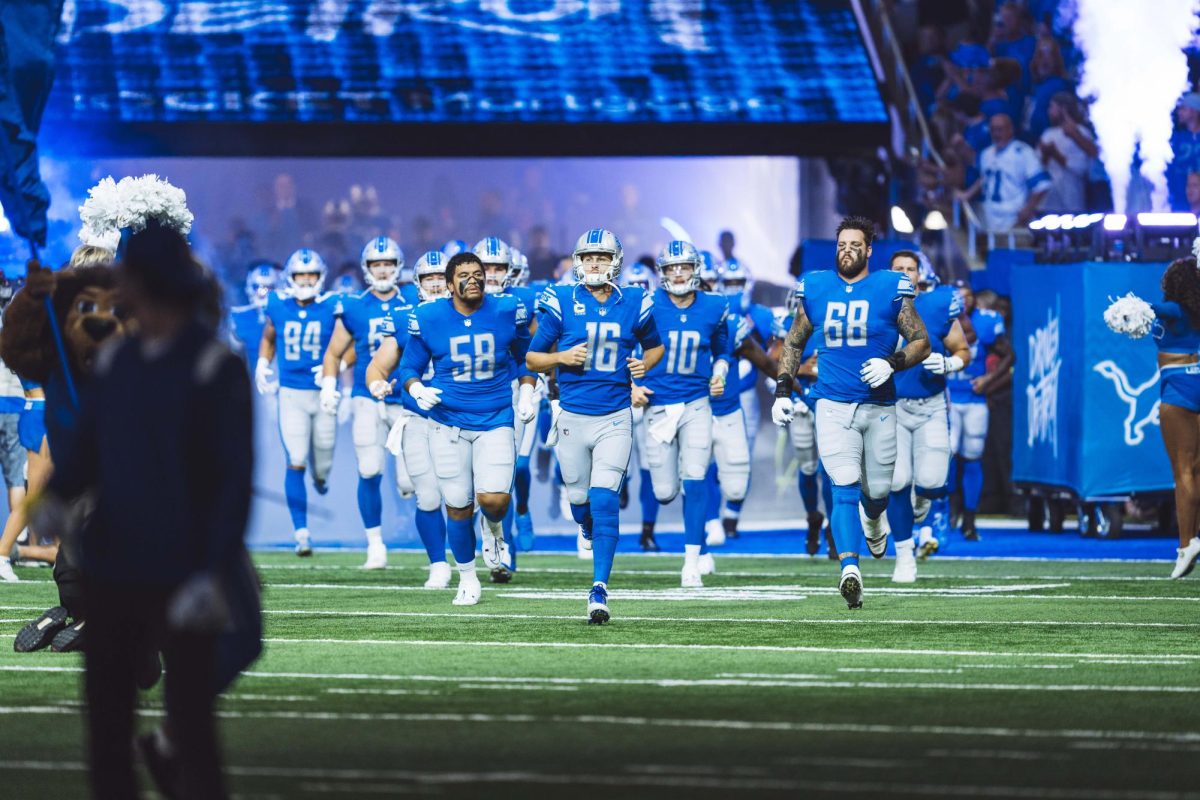

In America we are becoming more supportive of victims that speak up about abuse and we are holding abusive people accountable. This is one thing we should be very grateful for right now. Teenagers, our own classmates, and people even younger are getting more involved in conversations about battling abuse. Strangely enough, however, men are constantly being left out of these important conversations.
I have heard many people who consider themselves to be feminists going on about how men have no right to place their hands on a woman to sexually or physically abuse her, which is true. Many feminists are advocates of safety for women in relationships of all kinds; however, some feminists may be turning a blind eye towards the abuse that men face. This fact causes a slimy and uncomfortable feeling to wash over me immediately.
I often find myself wondering why there is so little conversation about the mistreatment of men, , including among advocates for the equality and ultimate well-being of all.
According to the National Coalition Against Domestic Violence, one in four men are victims of physical violence brought upon them by a significant other. Another statistic from the founders of the 1 in 6 Project stated that one in six men have experienced sexual abuse or assault at some point in their lifetime. This is incredibly naeseauting to me, as it should be to the rest of the world.
Right now in America there is so much pressure on young men to be tough, to enjoy sexual advances and to push through their pain. Failing to do so causes them to be made fun of and their manhood is thought to be “tarnished” in some way, which probably explains why only 16 percent of men who are abused at some point in their lives consider themselves victims.
Boys are being taught at such a young age that they cannot be abused and that they cannot be a victim, whether that is a victim of physical or sexual assault. This can create emotional problems down the road for them which explains why adults who are assaulted are more likely to commit suicide and develop PTSD, as according to a study by the Medical University of South Carolina.
Social pressure can also lead to men failing to report their abuse or sexual assault. This problem is so prevalent that hundreds of men who were abused at a very young age by members of the Catholic church have only begun coming forward in adulthood. This has resulted in specific action in the catholic church, under the guidance of Pope Francis to address the issue.
“I don’t think you ever get over the abuse, it’s like a scar on your body that impacts you emotionally as well as physically,” said a man from Kentucky who survived sexual assault.
The man said that Catholic priest, Louis Piskula, molested him when he was 11 years old in the 70’s and that the pain has stayed with him into adulthood. Despite the pain that this has caused the man, he had only came forth recently. It’s shocking and unsettling to think about how he had to sit and let this fester within him.
There are so many victims who stay silent that there’s a hashtag going around on the internet called “#WhyIDidn’tReport” where men and women explain their reasons for not reporting their assaults. This hashtag has been used thousands of times to share various heartbreaking stories. These messages that were spread on several social media platforms shed light on the fact that a lot of victims of assault still feel, and perhaps always will be, too afraid to report. Their reasons stem from tarnishing their reputation, bringing shame or drama to their family and ruining another person’s life.
K. Matthew Thomas, wrote on Twitter, “I was 7 years old, she was my mom’s best friend. I didn’t want my mom to lose her best friend and I didn’t want to be known as a rape victim…”
In order for young men to feel comfortable admitting what people have done to them, we need to include them in our talks about abuse. We should no longer allow those who abuse the trust or innocence of others to sit in the shadows, no matter what their gender is or who they are as a person. I have hope for the protection of all people in our world as long as we open up participation in conversations to address these issues to all.







